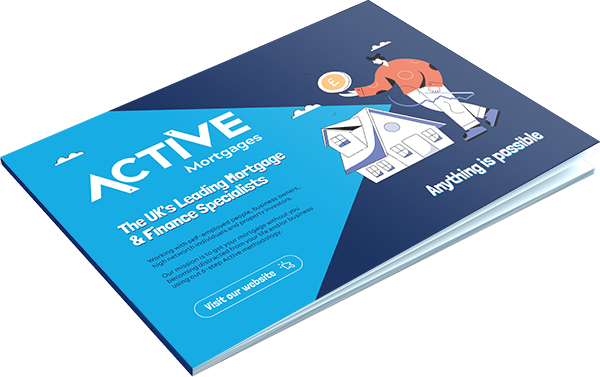When it comes to financing significant expenses, private loans can be a valuable option. Whether you’re looking to consolidate debt, fund a large purchase, or cover an emergency expense, knowing the maximum amount you can borrow is crucial. In this blog post, we’ll explore the key factors that determine the borrowing limits for private loans and provide insights to help you make informed decisions.
What Are Private Loans?
Private loans are financial products offered by non-government lenders such as banks, credit unions, and online lenders. Unlike federal loans, which are backed by the government, private loans are based on the borrower’s creditworthiness and financial situation. These loans can be used for various purposes, including education, home improvements, medical expenses, and more.
Factors Influencing the Maximum Loan Amount
The maximum amount you can borrow from a private loan depends on several factors:
1. Credit Score
Your credit score is a critical factor in determining your borrowing limit. Lenders use your credit score to assess your creditworthiness. A higher credit score typically results in a higher loan limit, as it indicates a lower risk to the lender. Borrowers with excellent credit scores (usually above 750) can often secure larger loan amounts with favourable terms.
2. Income and Employment Status
Lenders also consider your income and employment status when determining the loan amount. A stable and sufficient income demonstrates your ability to repay the loan. Some lenders may have minimum income requirements that you must meet to qualify for higher loan amounts. Additionally, self-employed individuals looking for self-employed mortgages may need to provide additional documentation to verify their income.
3. Debt-to-Income Ratio (DTI)
Your debt-to-income ratio (DTI) is the percentage of your monthly income that goes towards paying debts. A lower DTI indicates that you have more disposable income available for loan repayment, which can increase your borrowing limit. Most lenders prefer a DTI below 36%, but some may allow higher ratios based on other factors.
4. Loan Purpose
The purpose of the loan can also influence the maximum amount you can borrow. For example, lenders may offer higher limits for loans used for education or home improvements compared to loans for discretionary spending. Specifying a clear and legitimate purpose for the loan can enhance your chances of securing a larger amount.
5. Collateral
Secured private loans, which require collateral, often have higher borrowing limits than unsecured loans. Collateral can be in the form of assets like real estate, vehicles, or savings accounts. By providing collateral, you reduce the lender’s risk, which can result in a higher loan amount and potentially lower interest rates.
Typical Borrowing Limits for Private Loans
While borrowing limits can vary significantly among lenders, here are some general guidelines for different types of private loans:
1. Personal Loans
Personal loans are typically unsecured and have borrowing limits ranging from $1,000 to $100,000. The exact amount depends on your credit score, income, and other factors. Borrowers with excellent credit and high incomes may qualify for the upper end of this range.
2. Student Loans
Private student loans can have borrowing limits based on the cost of attendance at your educational institution. Some lenders cap the loan amount at a specific dollar figure per year (e.g., $50,000) or offer aggregate limits (e.g., $150,000 for the entire course of study). These limits can vary widely depending on the lender and your educational needs.
3. Home Equity Loans
Home equity loans are secured by your property and typically have higher borrowing limits, often up to 85% of the home’s appraised value minus any outstanding mortgage balance. This can result in loan amounts reaching into hundreds of thousands of dollars, depending on your home’s equity.
4. Auto Loans
Private auto loans can vary based on the vehicle’s value and your creditworthiness. Borrowing limits generally range from a few thousand dollars to the full value of the vehicle. Lenders may offer higher limits for new cars compared to used ones.
Understanding the maximum amount you can borrow from a private loan involves considering various factors such as your credit score, income, debt-to-income ratio, loan purpose, and whether the loan is secured or unsecured. By evaluating these factors and comparing offers from different lenders, you can find the best loan option to meet your financial needs. Always remember to borrow responsibly and ensure that the loan terms align with your repayment capacity.
For more insight into how you can better your financial standing when it comes to borrowing money, get in touch with the team at Active Mortgages, today!


